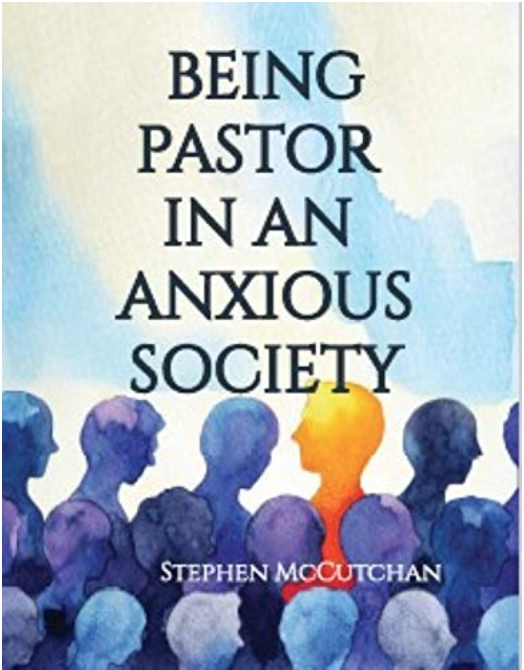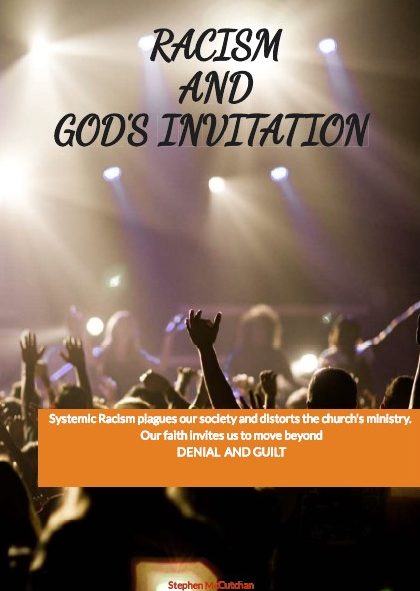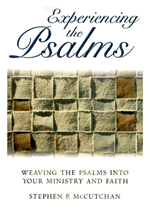The Intention of God
At the root of our faith is an assumption that God has an intention for the Church. Too often we slip into the assumption that a church is a voluntary organization made up of people who choose to gather for community with like-minded believers. We hear the Scriptures, sing, say prayers, and share the sacraments as a way to connect with God and to confirm our connection with each other. At our best, we are trying to love God and love neighbor as Christ commanded.
Yet our Scriptures suggest that we are more than a voluntary association. Faith speaks of God intentionally calling people to the church and that God has provided the church with every spiritual gift needed for the building up of the Body of Christ. That does not mean that every individual or church uses the spiritual gifts as intended but that God intentionally calls us together and provides us the gifts that enable us to fulfill God’s purpose.
God’s Call Reflected in the Ordinary
As the sacrament of the Lord’s Supper reveals, God speaks to us through ordinary elements in life to speak to us of transcendent truths. During the isolating experience of the pandemic, churches have grown in their capacity to make use of the internet. I want to suggest that a church could have a valuable spiritual experience by using the internet to listen to God’s call in their church.
Depending on the size of your church, you can either do this as one body or several small groups. Set up a time when you will connect with Zoom or a similar program. Remind your listeners that based on the assumption that God can make use of ordinary life experiences to gather people into a church, you are going to ask each of them to share what event(s) in their life brought them to membership in this church. Events may range from family association, geography, quality of worship, music, a spiritual hunger, and many others.
FEEDBACK TO CONGREGATION
As you make note of the variety of life events that helped form your church, look for patterns in their responses and the type of ministry that God has used. Make a summary essay, without names, of these responses and share it with the whole congregation. Suggest that you would like to engage in a second round of conversation and the question for which you are seeking a response will be: “If we affirm that Jesus is the head of our body, the church, and given the variety of ways that he has gathered to form this one Body, what do you think Jesus would say to us at this point in time.”
One Body and a Variety of Gifts
As you continue, you are engaging your church in a spiritual conversation. This can be augmented through sermons, study groups, etc. While the Scriptures are clear that our gifts should be used to build the unity of the church, it also recognizes that there will be great diversity within any part of the body. What unites the body, as Paul suggests in 1 Corinthians 13, is a love that seeks the best for each other even as we seek to give glory to God.
EXPANDING THE CONVERSATION
To add to the fun and the depth of the conversation, you can explore the possibility of inviting other congregations, in your neighborhood or around the world, to have similar conversations. After you have had at least a couple of rounds of conversations within your church, share what you are discovering with your partner churches. Then, making use of the internet, consider connecting two or three churches together, include having music, prayers, Scripture and perhaps the sacrament as an experience of the larger “One Body of Christ.”
I’ve provided you with suggestions for the first two rounds. You can expand the conversation and/or explore joint mission efforts with other congregations.

































